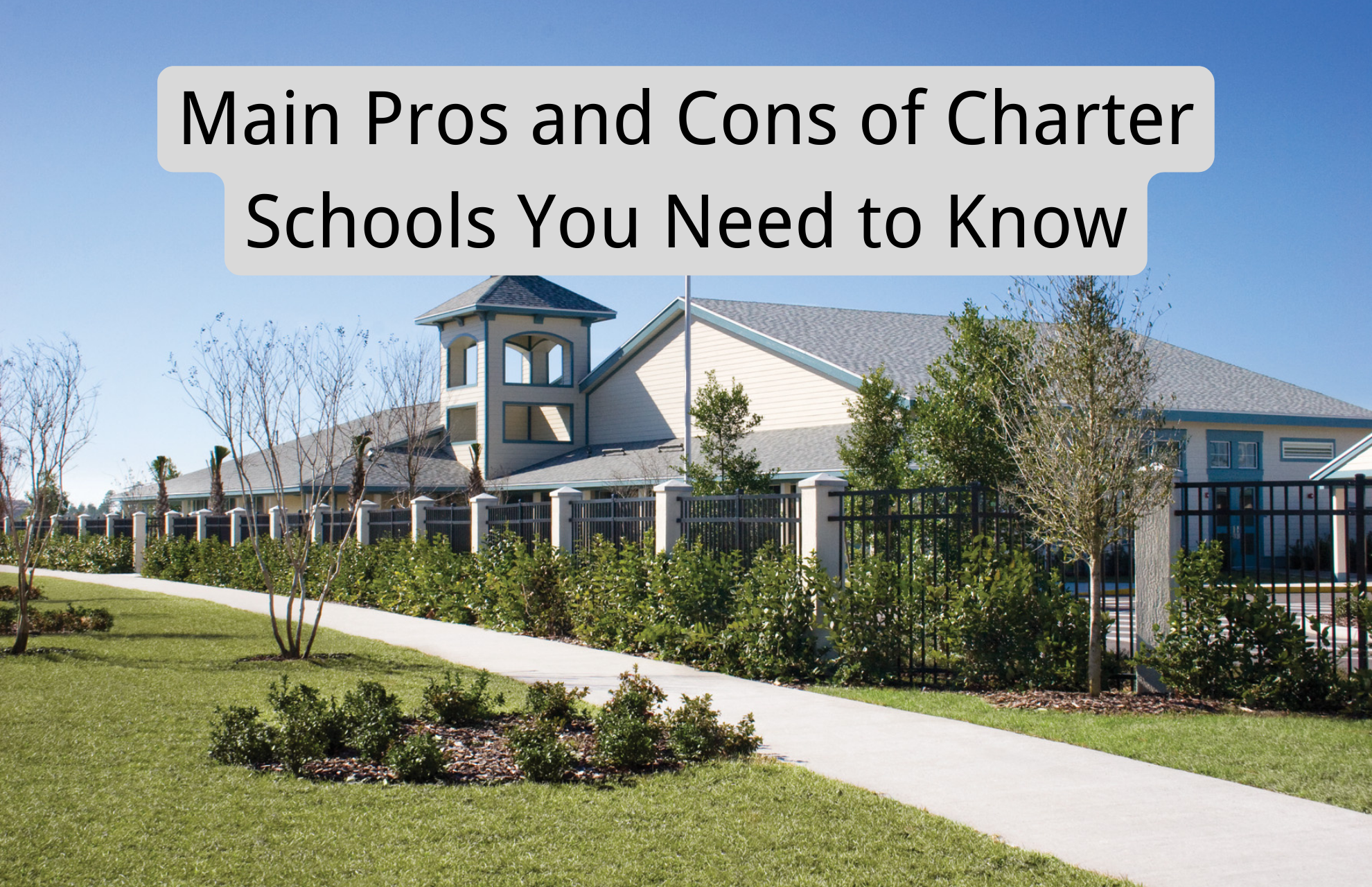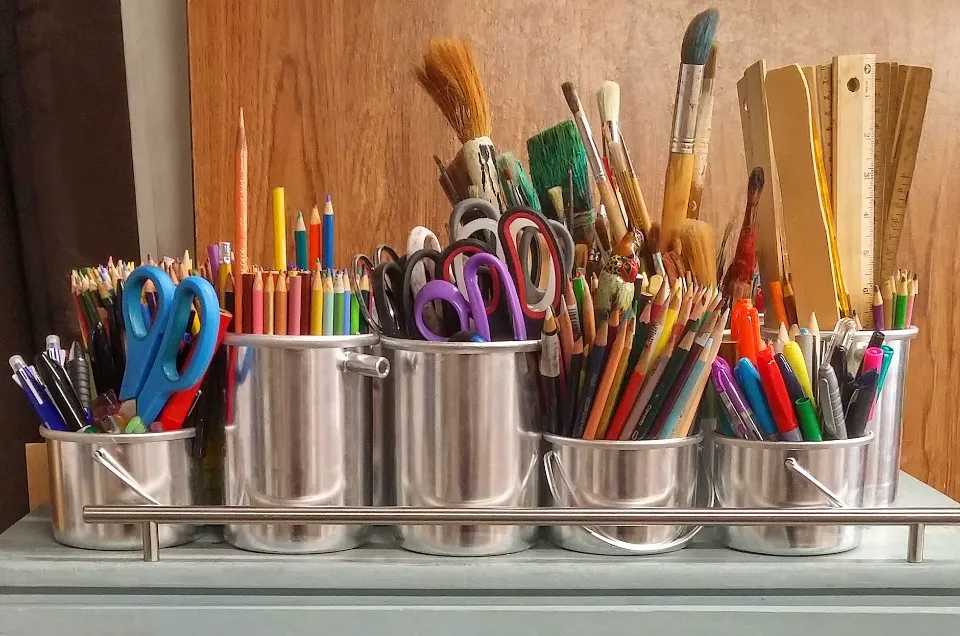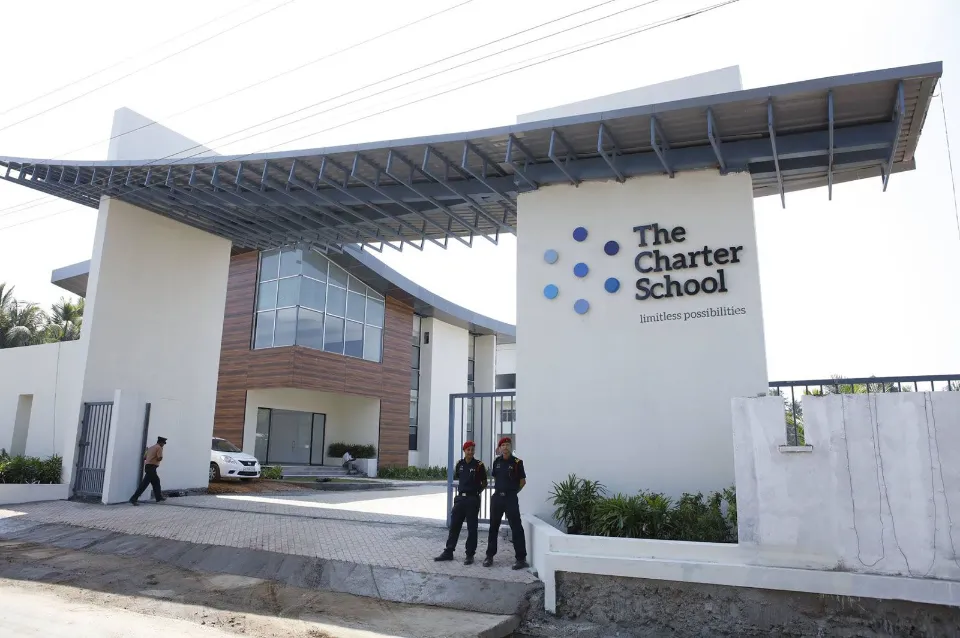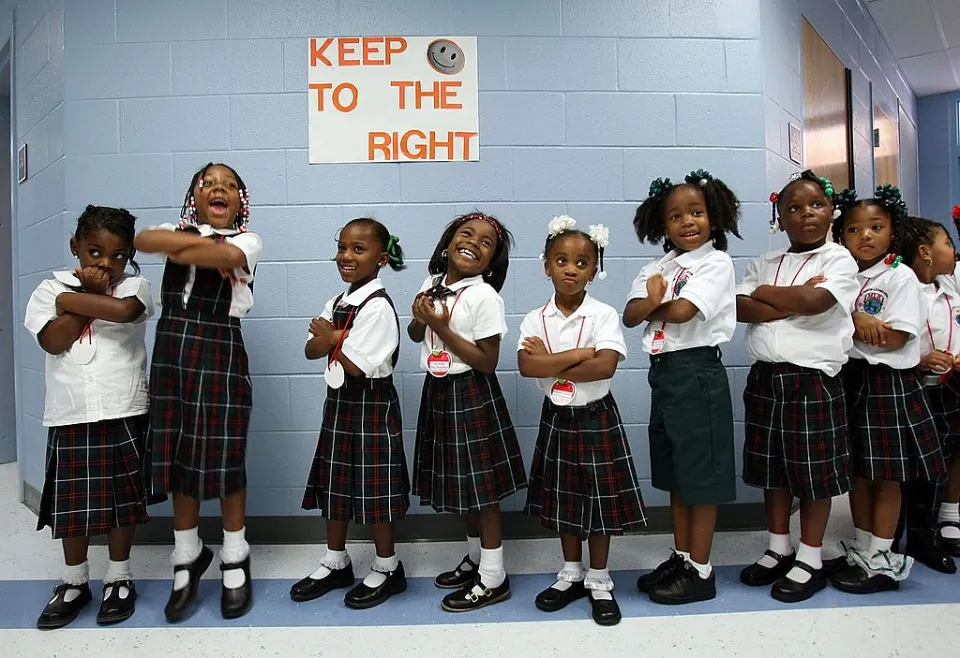
34 Main Pros and Cons of Charter Schools You Need to Know
In order to better inform you, this article will briefly discuss the benefits and drawbacks of charter schools.
More than 7,000 charter schools are currently operating in North America, serving more than 3 million students, reflecting the recent explosion in the popularity of charter schools. The variety of education offered by charter schools and the flexibility that students and parents receive through these institutions are the primary reasons why charter schools have become more and more popular.
They must maintain a certain level of quality, but they are still held accountable. Although there are some benefits to charter schools, there are also significant disadvantages to sending your child there.
Charter schools’ benefits and drawbacks are discussed in this blog post.
Pros of Charter Schools
Innovative Teaching Methods
Charter schools are more flexible in their approaches to education and teaching than traditional public schools because they are privately managed and run under private contracts.
This means that while charter schools are still required to uphold a number of fundamental standards, they are not required to adhere to the government’s mandated standard education curriculum to the same extent as traditional public schools.
Read More:
- Why Are Charter Schools Controversial? Reasons Explained
- Do Charter Schools Have Buses?
- Charter School Vs Magnet School
- Private School Vs Charter School
Parents and children alike are drawn to charter schools because of the flexibility they offer in terms of their teaching and educational approaches, particularly when a student’s specific learning requirements call for more flexibility or personalization.

Curriculum Specialization
Charter schools frequently establish their own academic requirements, giving them the freedom to prioritize some subjects over others.
Parents can choose from schools with particular learning goals and objectives thanks to the STEM (science, technology, engineering, and math) focus, as we saw with the Charter School of Wilmington.
This is a huge advantage for charter schools because many students want to concentrate on the subjects that they are passionate about, interested in, or that they may want to pursue in further education or as a potential career.
Embraces Individual Learning Styles
All students have different learning needs, and some teaching strategies may be more advantageous to them than others. With so many charter schools to choose from, parents and students can locate ones that are suited to their particular child’s learning requirements and abilities.
One major advantage and draw of the charter school system is differentiated learning. Education is not a “one-size-fits-all” endeavor, and instructors should take into account the particular requirements of each student in their classrooms.
Tight-Knit Community Feel
Because they typically have fewer students and smaller class sizes, charter schools tend to feel more like tight-knit communities.
Students benefit greatly from smaller classroom sizes. Teachers can spend more time with each student individually and learn more about their unique learning needs, as well as any areas where they may need improvement. Students have more time to develop closer relationships with their classmates.
Smaller class sizes can foster a welcoming learning environment where students feel comfortable speaking up and being themselves, and where teachers are able to focus more on the individual needs of each student.
Special Focus on Specific Goals
Also known for focusing on particular objectives are charter schools. For instance, some charter schools may concentrate on the natural sciences, whereas others may choose to concentrate on the linguistic sciences. Depending on their personal preferences, students could select from among those various options.

Consider the scenario where your objective is to study physics at a prestigious university. Therefore, as opposed to a public school that emphasizes more general education, a charter school that specializes in this field may be much more appropriate for you.
Thus, charter schools might offer better education in particular fields and thus also provide students with a better education in particular areas.
Often Smaller Number of Students
Since there are typically fewer students overall in a charter school than in a public school, there is frequently a more private atmosphere, and the connections between students are frequently closer than in a public school because they interact with one another more frequently.
As a result, students may also be able to forge strong bonds with one another, which may later develop into friendships or even promising career opportunities through a strong network once they become adults.
Smaller Class Sizes
As a result of the frequently smaller class sizes in charter schools, children can receive more individualized care. For instance, if there are too many students in a class, the instructor most likely won’t have enough time to address every question.
Smaller classes, however, allow for more time to address each student’s questions, which generally leads to higher rates of learning success.
Better Chance to Get into Top Colleges
Children who attend charter schools have a better chance of being accepted into prestigious universities after they graduate, according to studies. This may be because charter schools are more adaptable and can tailor their curricula to the preferences of specific students.
Smaller class sizes might also contribute because they make it possible to treat each student more specifically. In any case, increased student chances of admission to selective colleges may be a compelling factor in parents’ decisions to choose charter schools over other options.
Higher Involvement of Parents
Parents are even urged to participate in discussions about the curriculum and the learning process of children in charter schools, unlike many public schools where they are largely excluded.

In order to meet the demands for a sophisticated education, charter schools view parental input as a crucial component, and parents can actively express their preferences. As a result, parents might have more power over their children’s education in charter schools as opposed to public ones.
Charter Schools Are More Accountable
Charter schools should be held more accountable for the educational goals they’ve set as their primary focus because they are run under separate contracts that determine their own curriculum and educational priorities.
The Charter School of Wilmington is a STEM (science, technology, engineering, and mathematics) focused school, so students can expect to receive an education that is more concentrated in the sciences and mathematics. The Charter School of Wilmington is also expected to uphold the educational standard that it advertised to parents and students.
High Admission Rates to Top Universities
According to recent studies, graduates from charter schools have a high chance of being accepted into prestigious universities.
Smaller class sizes, more involved teachers, and customized instruction all contribute to improving the overall quality of education, which leads to higher test scores and admission rates. This could be the cause of a number of issues.
Higher Test Scores
This brings up the next point: in the same neighborhood, charter schools have performed better than traditional public schools in terms of test scores. It is required of teachers in charter schools to adapt their lesson plans to the unique learning styles of their students.
Little to No Tuition Fees for Students and Parents
Due to public funding, charter schools are free to attend for students, which is a significant advantage for underprivileged or underserved communities that cannot afford to pay for education.
Numerous families are unable to pay for their child’s education beyond what is required by the government, even though their child may have special needs that cannot be met in a public school setting. Parents can consider charter schools because there is no tuition for them, so they don’t have to worry about additional costs.
Cost (there is None!)

The fact that charter schools are completely tuition-free is one of their main advantages. Students from all socioeconomic backgrounds can now access them thanks to this. Since charter schools are funded by the government, enrollment is free. In other words, local taxpayers pay for them entirely.
Provide Alternative Options for Students and Families
The fact that charter schools give students and parents more choices is one of their biggest advantages. Children can attend this different kind of reasonably priced institution as an alternative to the public school in their neighborhood.
Encourage Innovations
The fact that charter schools support innovation is another benefit of them. Kids have more freedom to develop new skills because they have more schedule flexibility. For instance, some courses in charter schools might inspire creative problem-solving in students.
Generally, if you give students this kind of freedom, you’ll notice that they come up with many impressive ideas that can eventually result in very useful innovations once they’re grown up. Some students may even launch legitimate businesses using their inventions.
Often Supported by Successful People
There are also a few billionaires who are fervent supporters of charter schools’ instructional strategies. These people give charter schools a ton of financial support.
Of course, they wouldn’t if they believed charter schools were a waste of money. So, if a lot of successful people believe charter schools are beneficial, then maybe they really are!
Cons of Charter Schools
Charter Schools Vary by State
Despite having more freedom than public schools, charter schools must still abide by certain laws set forth by the state or province in which they are located. Some states have stricter rules regarding the changes or additions to the curriculum that they permit charter schools to make.
This affects how much latitude and flexibility charter schools are given in developing their curricula and educational plans.

Charter Schools Vary Significantly in Quality
Some of these charter schools have obviously poor educational standards because they are subject to fewer government regulations and oversight. The quality of instruction offered by different charter schools varies greatly.
While some charter schools may be poorly managed and have subpar educational standards, others may have exceptional educational standards.
Admissions Processes Can Be Messy
Thousands of candidates apply each year to charter schools. Despite the fact that there are an increasing number of charter schools, this makes it difficult for parents and students to enroll in respectable institutions.
Some charter schools have lengthy waitlists, and some applicants must wait upwards of months before learning whether they have been accepted.
Charter Schools Have a Higher Teacher Turnover Rate
Comparatively speaking to public schools, charter schools lose a lot more teachers annually.
In the US, charter schools lose twice as many teachers (24%) as traditional public schools do each year. The objectives set forth by charter schools may not be compatible for all students with their particular learning preferences and goals. Students who dislike science or math are probably not going to want to attend a charter school that emphasizes those subjects.
In this way, charter schools restrict access to students with different learning goals and are more exclusive to those who share their goals.
Variations in Quality
There is typically no uniformity among charter schools across the nation because each one follows a different charter, has different objectives, and follows a different curriculum.
As a result, there is a gap in the educational standards among different charter schools. Make sure to research the nearby charter schools to make sure they are everything you want them to be.

Need to Fundraise
Attending a charter school is free. However, charter schools don’t always get the money they need to function. As a result, charter schools frequently rely on fundraisers and sponsor donations to ensure they have enough funding.
In order to support the charter school’s continued operation, you will need to volunteer or make a donation as a parent or student.
Potential Misuse of School Funding
Government and local funding is used to run charter schools. The issue is that because charter schools are subject to less government oversight, it is much simpler for those in charge of these institutions to use public funds inefficiently, engage in fraud, or misappropriate funds.
This is a major red flag for charter schools because it shows how easily people can abuse funding intended for student education by taking advantage of the system and its flaws.
Transportation
When it comes to who can enroll in their schools, charter schools do not discriminate. This implies that attendance is not limited by location for students.
Charter schools typically do not offer transportation for students due to this expense, though. So, figuring out how to get the student to and from school each day falls into the family is a responsibility.
Some Children May Not Be Suitable for Charter Schools
Even though charter schools have many benefits, they also have some drawbacks. The fact that not all students will be successful in charter schools is one drawback.
Students who do not fit this audience may do better attending public or private schools instead of charter schools because the curriculum of these institutions is frequently tailored to a particular group of students. Additionally, the alternative nature of charter schools may not be appealing to all students.
Therefore, before you choose to enroll your children in a charter school, be sure to look over the curriculum and also get a firsthand impression of the facility and staff to make sure the school will be a good fit for your children in terms of their preferences.

Parents May Have to Volunteer
Parents might be required to volunteer at charter schools, which is another drawback. This could take a lot of time, and some parents might not have it available, especially if they have demanding jobs.
Therefore, if you are hesitant to participate in those volunteer activities, be sure to review the regulations of your local charter school regarding the requirement for volunteering.
May Be More Exhausting for Children
Many charter schools require students to stay all day because there are so many activities available there. This could also mean that there is less time for kids to hang out with friends outside of school, play sports, and do other things they enjoy.
Therefore, before enrolling your children in charter schools, be sure they are comfortable with the rigid schedule.
May Be Unfair Competition for Public Schools
Public schools frequently lose their best students to charter schools because they are unable to compete with the financial opportunities and the high standard of equipment provided by charter schools. This is because charter schools frequently receive much more funding from donations than public schools.
Charter schools may therefore be considered an unfair competitor in the education market.
Massive Workload for Teachers
Teachers at charter schools have a reputation for working extremely long hours. They frequently have to put in a lot of overtime, and their pay is inadequate.
As a result, charter schools might not provide fair working conditions for employees, and competent teachers might be reluctant to work in a charter school as a result of those unfavorable circumstances.
Diversity May Suffer in Charter Schools
The level of diversity may suffer significantly as a result of the fact that many charter schools cater to particular demographics and concentrate on particular academic fields. Most of the kids they meet will be those with interests like theirs.

To broaden children’s horizons and allow them to develop in various directions, it may also be helpful for their healthy development to interact with children who have different interests.
Limits on School Amenities and Resources
While not all charter schools suffer from this, some do not have the necessary funding (or use it inappropriately) to provide the resources and amenities students need.
When charter schools are unable to locate these resources and make them available to their students, gym equipment, sports team uniforms, and other crucial school-related items may all be compromised.
Plenty of Activities May Require a Lot of Organizational Work
Parents who send their children to charter schools may also find it difficult to plan their daily lives. In order to make sure that their children can attend all of the activities offered at those schools, parents must plan their schedules pretty carefully.
This might be challenging, especially for parents who regularly put in long hours and have demanding jobs.
Some Charter Schools Get Shut Down
While charter schools are subject to fewer rules from the government, they must still adhere to certain educational requirements set by the state government in order to function.
Many charter schools fall short of the minimum requirements for education, and in these situations, schools may be forced to close, which would severely disrupt the academic year’s learning for the students.
When evaluating the credentials of various charter schools, keep in mind that this is a significant concern when it comes to enrolling students in them.
Conclusion: Pros and Cons of Charter Schools
Overall, charter schools have a lot of advantages and disadvantages that will make you consider your options. Therefore, whether or not a charter school is the best option for you or your child will typically depend on your unique circumstances. If the neighborhood public schools fall short of your needs and expectations, charter schools are a reasonable alternative to consider.
In general, charter schools all differ from one another, so the best course of action to gain a deeper understanding of any school is to research or get in touch with the particular schools you are interested in learning more about.


